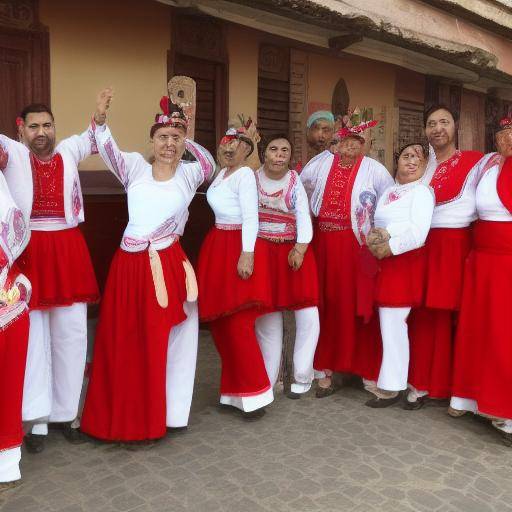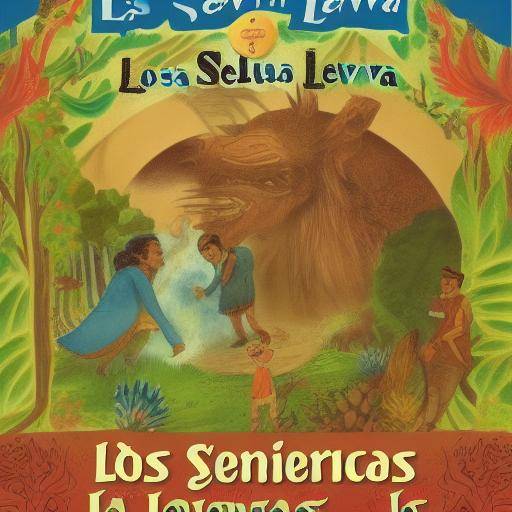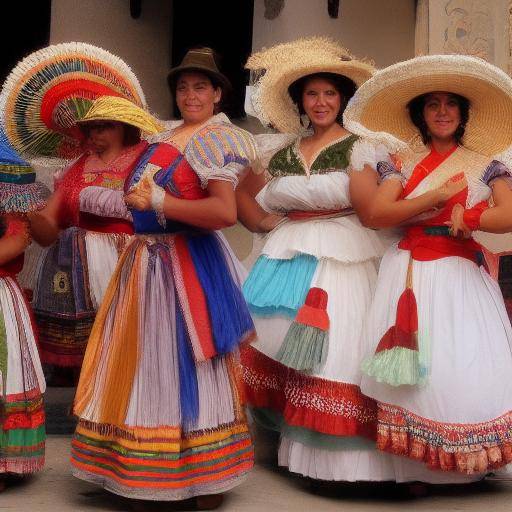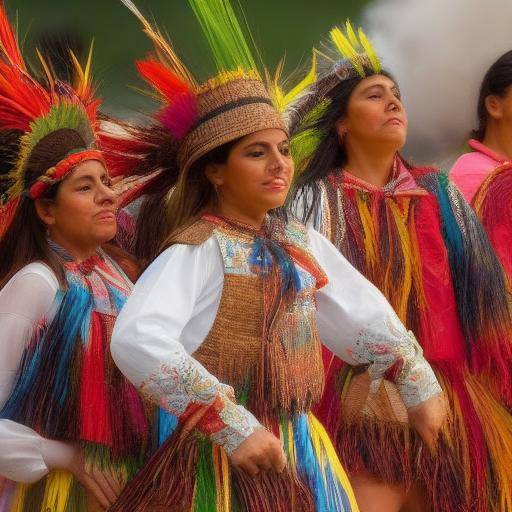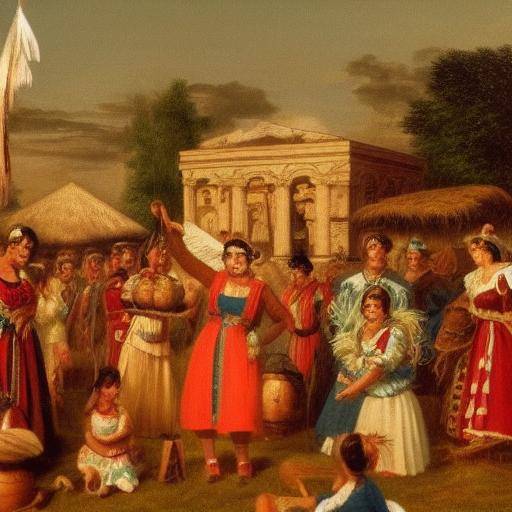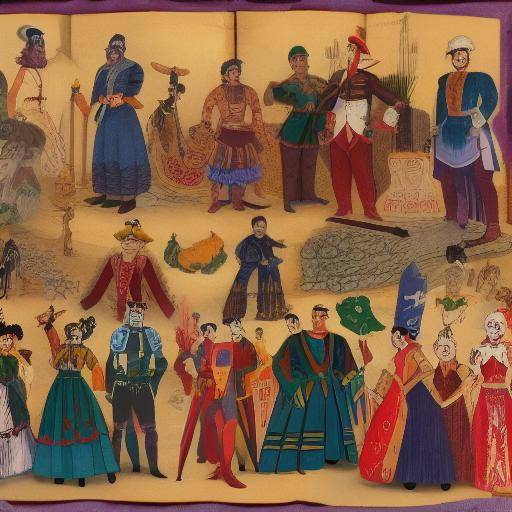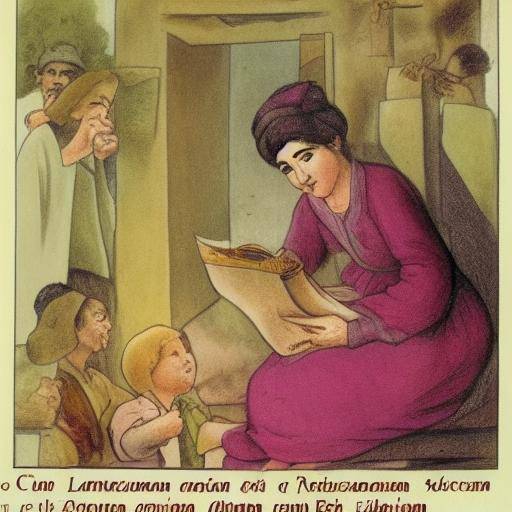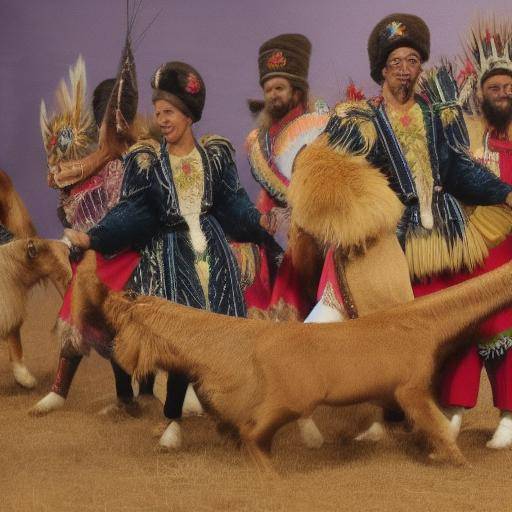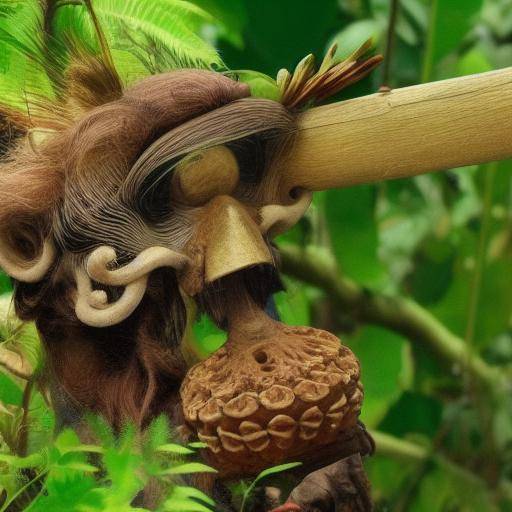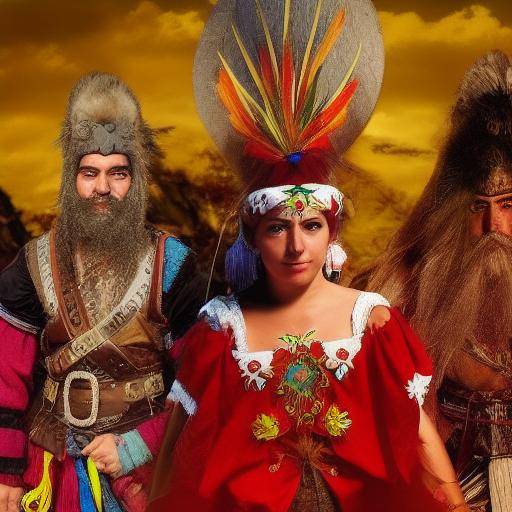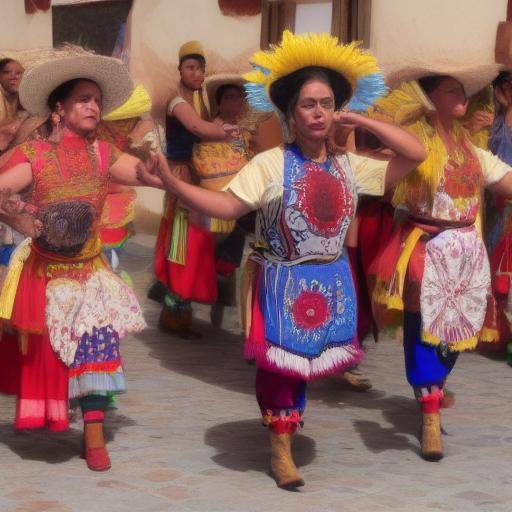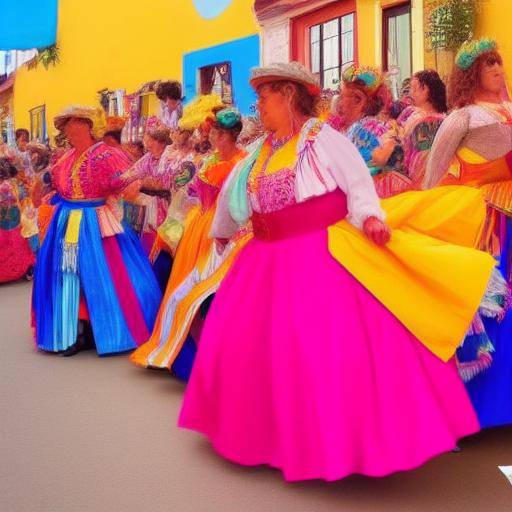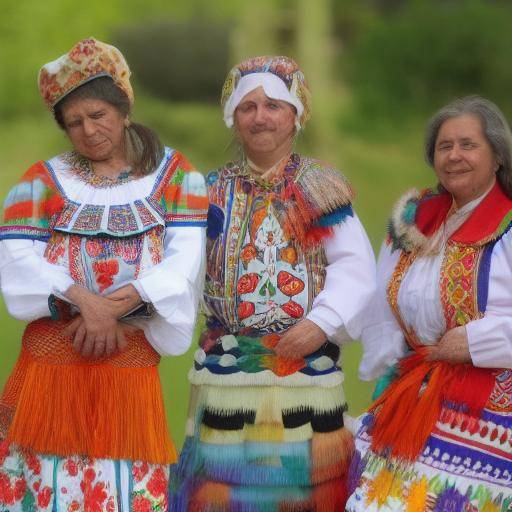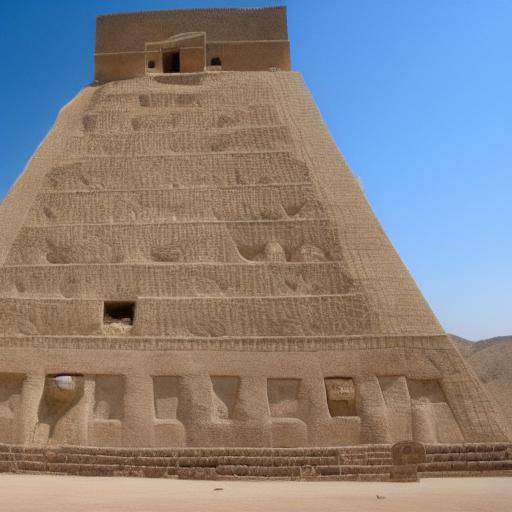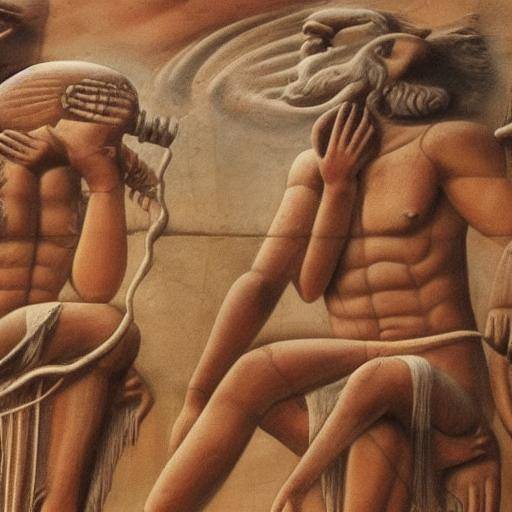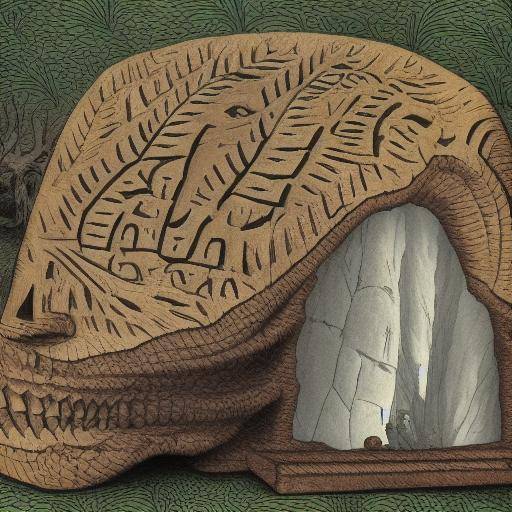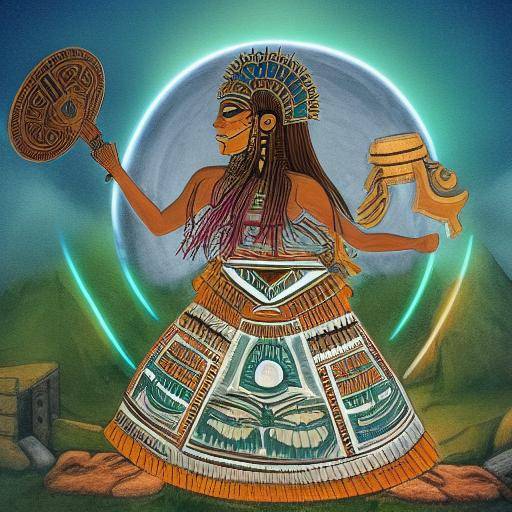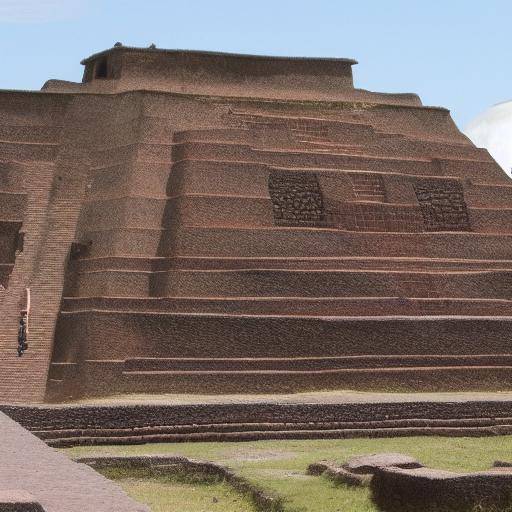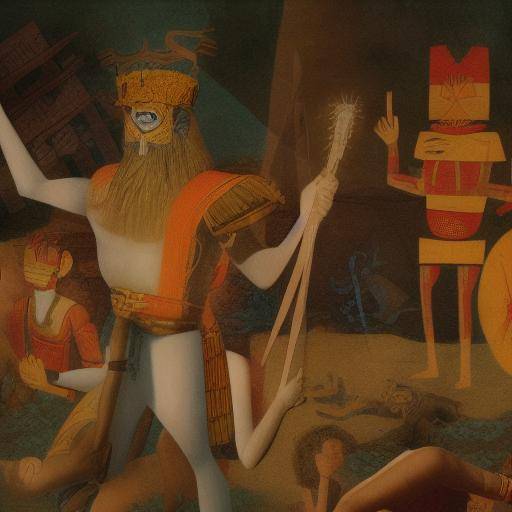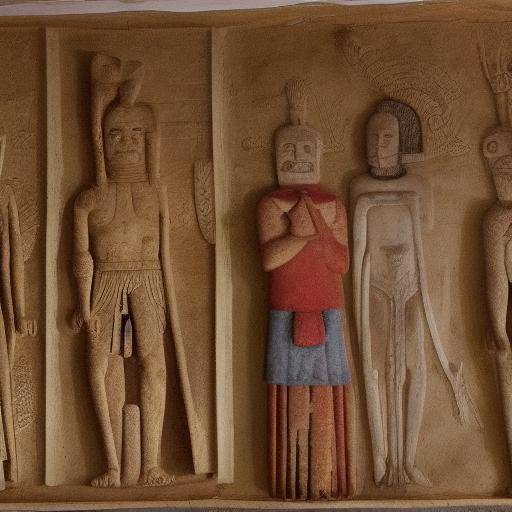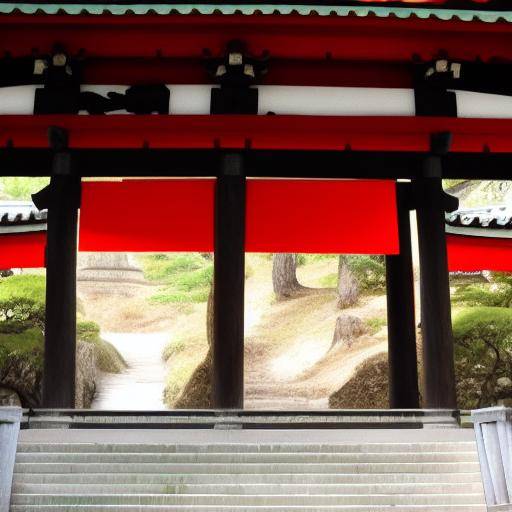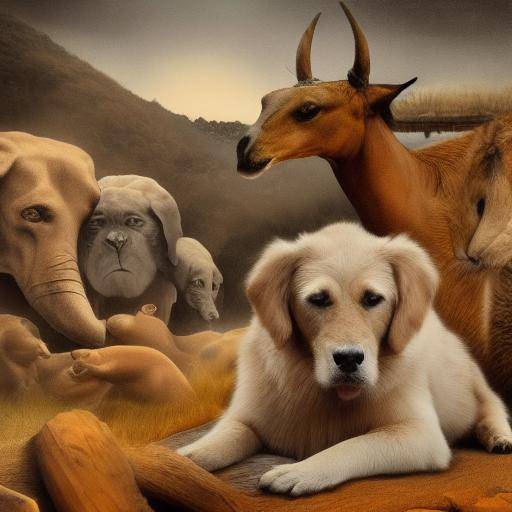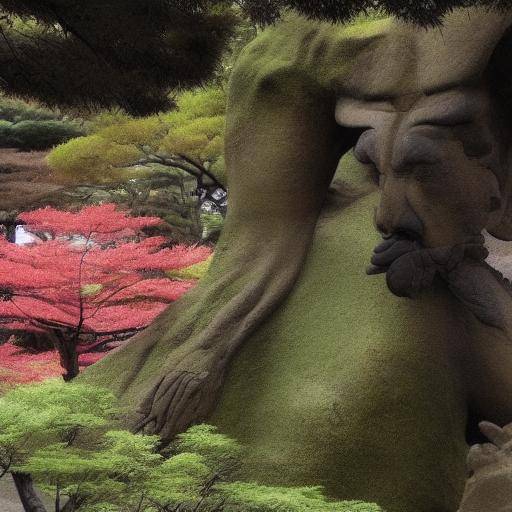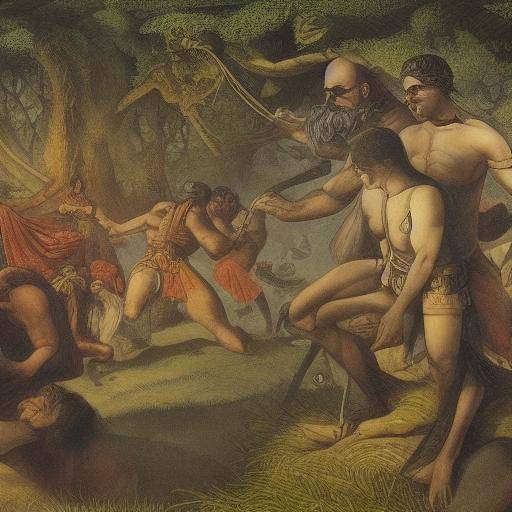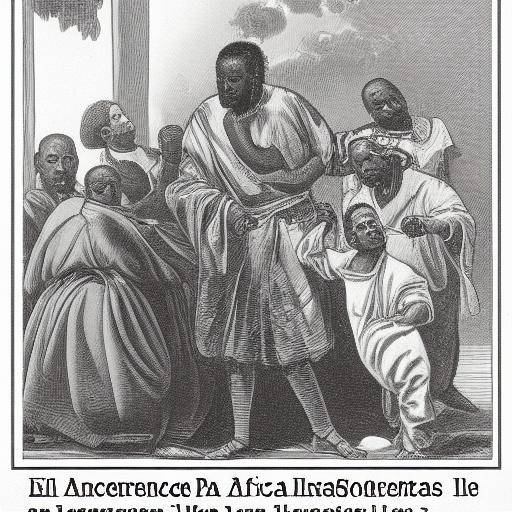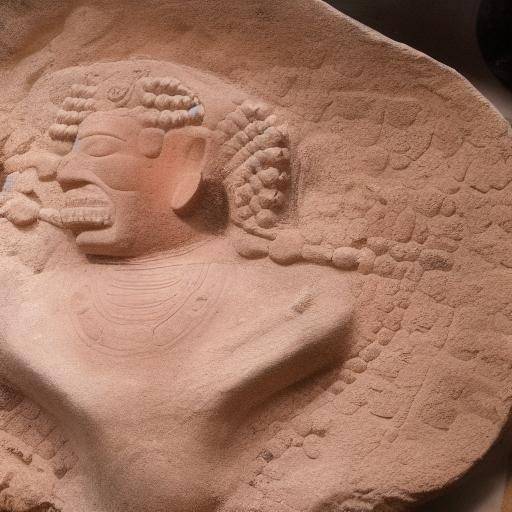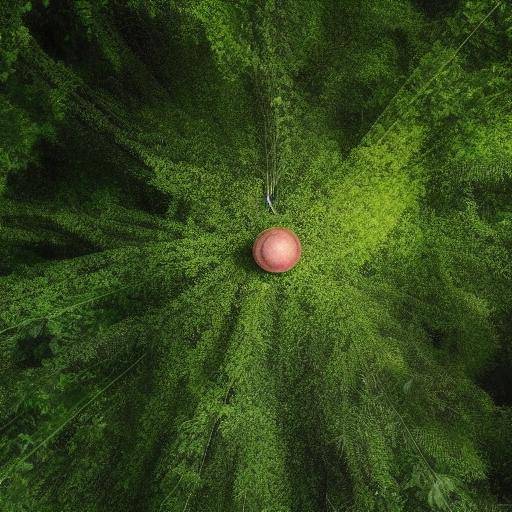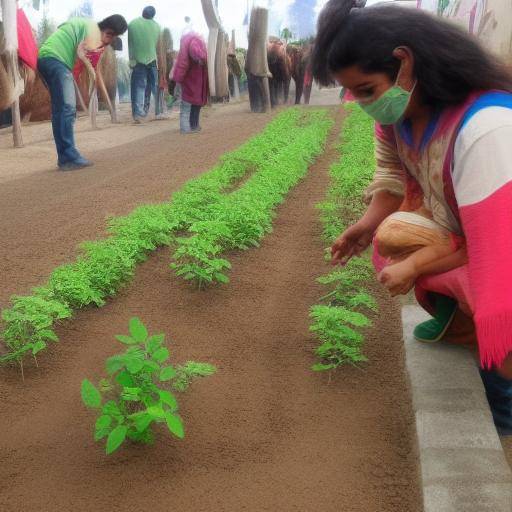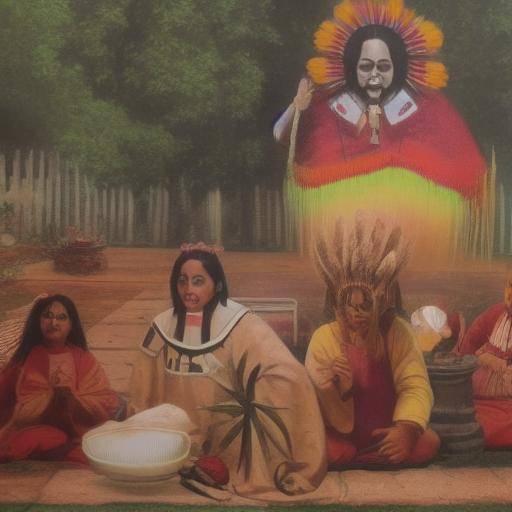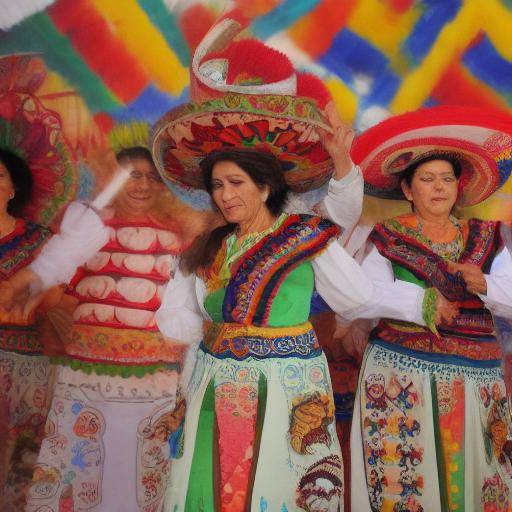
Traditional medicine, Latin American folklore and popular beliefs have a profound influence on how Latin American communities address health care and well-being. This article explores the historical roots, evolution, current relevance and practices of traditional medicine in the region, highlighting the vital role of folklore and beliefs in this context.
Introduction
Traditional medicine, rooted in the cultures and traditions of Latin America, covers a diverse set of practices that include from the use of medicinal herbs and healing rituals to the consultation of healers and shamans. This holistic approach to health, which has endured over generations, is intertwined with folklore and the beliefs rooted in the various Latin American cultures.
In this article, we will explore in depth the interconnection between traditional medicine, Latin American folklore and beliefs, addressing its historical importance and its relevance today. From its beginnings in ancient pre-Columbian civilizations to its coexistence with modern medicine, this analysis will provide an integral insight into how these practices continue to shape health care in the region.
History and Background
Origins and Evolution of Traditional Medicine
Traditional medicine in Latin America has its roots in ancient pre-Columbian civilizations, where medicinal herbs, natural remedies and healing rituals were common practices. These forms of healing were closely linked to the religious and spiritual beliefs of these cultures, creating an integral approach that considered both the body and the spirit.
With the arrival of the European conquerors, traditional indigenous medicine was mixed with the practices and beliefs brought by the colonizers, leading to a unique syncretization that lasts until today. This fusion of traditions is reflected in the rich diversity of curative practices present throughout the Latin American region.
Significant Developments and Key Characters
Throughout history, traditional medicine has experienced defining moments that have influenced its evolution. The figure of the healer or shaman has been fundamental in the transmission of knowledge and in the provision of health care to the communities. Local leaders and movements have also played a crucial role in preserving and promoting these ancestral practices.
Analysis in Deep
Traditional Latin American medicine has a wealth of empirical knowledge transmitted from generation to generation, which has led to its recognition in different areas of the region. However, it faces challenges related to regulation, standardization and integration with Western medicine. Despite these obstacles, traditional medicine remains an integral part of everyday life for many people in Latin America.
Beliefs and Folklore in Traditional Medicine
Latin American folklore and popular beliefs have a significant impact on traditional medicine, influencing practices, rituals and perceptions about health and disease. Beliefs in the influence of supernatural forces, vital energy and connection with nature are central components that delineate the holistic view of health in these cultures.
The use of amulets, purification rituals and consultation of healers are examples of practices rooted in folklore and beliefs that persist in traditional medicine. These elements reflect the interconnection between the physical, the emotional and the spiritual, highlighting the importance of comprehensively addressing health.
Comprehensive review
Applications and Best Practices
Traditional medicine, Latin American folklore and popular beliefs are used in a wide range of situations, from the treatment of common ailments to the search for emotional and spiritual well-being. For many communities, these traditional practices are the main source of health care and play a crucial role in promoting general well-being.
Perspectives of Experts and Future Vision
Experts on traditional medicine and cultural studies have emphasized the importance of recognizing and preserving these practices as an integral part of Latin American cultural heritage. The need for greater integration between traditional medicine and modern medicine has also been raised in order to take advantage of the best of both approaches for the benefit of public health.
The future of traditional medicine, Latin American folklore and beliefs in the region depends largely on how current challenges are addressed, such as regulation, training of professionals and knowledge dissemination. As society continues to evolve, it is essential to continue to recognize and value the cultural and therapeutic wealth that these practices bring to Latin American communities.
Comparative analysis
Traditional medicine, Latin American folklore and beliefs share a deep connection in their holistic approaches to health care. While each has its own set of distinctive practices and beliefs, there is a common background of respect for nature, spirituality and interconnection between the body and the environment.
Practical Tips and Accessible Recommendations
For those interested in exploring and better understanding traditional medicine practices in Latin America, it is recommended to approach local communities, participate in cultural events and seek guidance from experienced professionals in this field. It is important to respect the traditions and beliefs of each community, as well as to maintain an open and responsive attitude to the transmitted knowledge.
Industry Perspectives and Expert Reviews
Experts in ethnobotics, medical anthropology and other related fields offer a valuable insight into the integration of traditional medicine in the modern context. Their research and experiences on the ground provide a deeper understanding of the challenges and opportunities surrounding these practices, as well as a vision for the future on their evolution and relevance.
Case Studies and Real Life Applications
Numerous cases have been documented in which traditional medicine has played a significant role in the healing and well-being of individuals and communities. These examples illustrate the effectiveness and relevance of these practices in real situations, highlighting their role in public health and the empowerment of local communities.
Future Trends and Predictions
The landscape of traditional medicine in Latin America is aimed at greater integration with formal health systems, as well as a renewed interest in the research and development of these practices. With a renewed focus on preserving traditional knowledge and promoting equity in health care, significant progress is expected in the recognition and valuation of traditional medicine in the region.
Conclusions
In short, traditional medicine, Latin American folklore and beliefs play a key role in the care of the health and well-being of Latin American communities. Its rich history, its applications in everyday life and its future potential reflect the profound interconnection between culture, spirituality and health in the region. It is crucial to recognize, preserve and study these practices for the benefit of present and future generations.
Frequently asked questions
What is the difference between traditional medicine and modern medicine in Latin America?
Traditional medicine is based on ancestral knowledge and holistic approaches that incorporate spiritual and cultural aspects. On the other hand, modern medicine is based on scientific and technological medical practices. Although they coexist, they are often perceived as complementary systems.
What role do healers and shamans play in Latin American traditional medicine?
Healers and shamans are key figures in traditional medicine, acting as healers, spiritual counselors and guardians of ancestral knowledge. Its role spans from individual consultation to participation in community ceremonies.
What are some popular beliefs about health and well-being in Latin American folklore?
Latin American folklore is impregnated with beliefs linked to the balance between body and spirit, the connection with nature, the use of protective amulets and the influence of supernatural beings on health and disease.
Is there scientific evidence to support the effectiveness of traditional medicine in Latin America?
Scientific studies have been conducted that support the effectiveness of certain traditional medicine practices, especially in the use of medicinal herbs to treat specific conditions. However, the challenges of scientific validation and standardization remain issues of debate in this field.
What is the current state of the regulation of traditional medicine in Latin America?
The regulation of traditional medicine varies widely in Latin America, with some countries officially recognizing these practices and implementing policies for their integration into the health system, while others face challenges in this regard.
How can communities preserve and transmit the knowledge of traditional medicine to future generations?
The preservation of traditional knowledge involves intergenerational transmission, the documentation of ancestral practices, the promotion of education in traditional medicine and respect for cultural traditions.
In conclusion, traditional medicine, Latin American folklore and popular beliefs are intrinsically linked in the region, shaping the way communities address health and well-being. Their respectful preservation and approach are fundamental to understanding the rich cultural diversity and holistic approach to health in Latin America.

